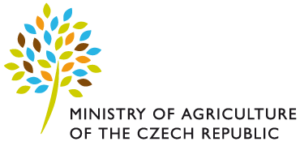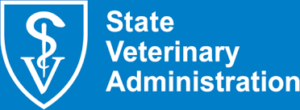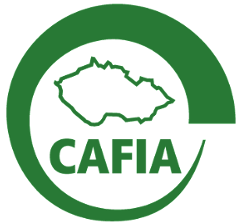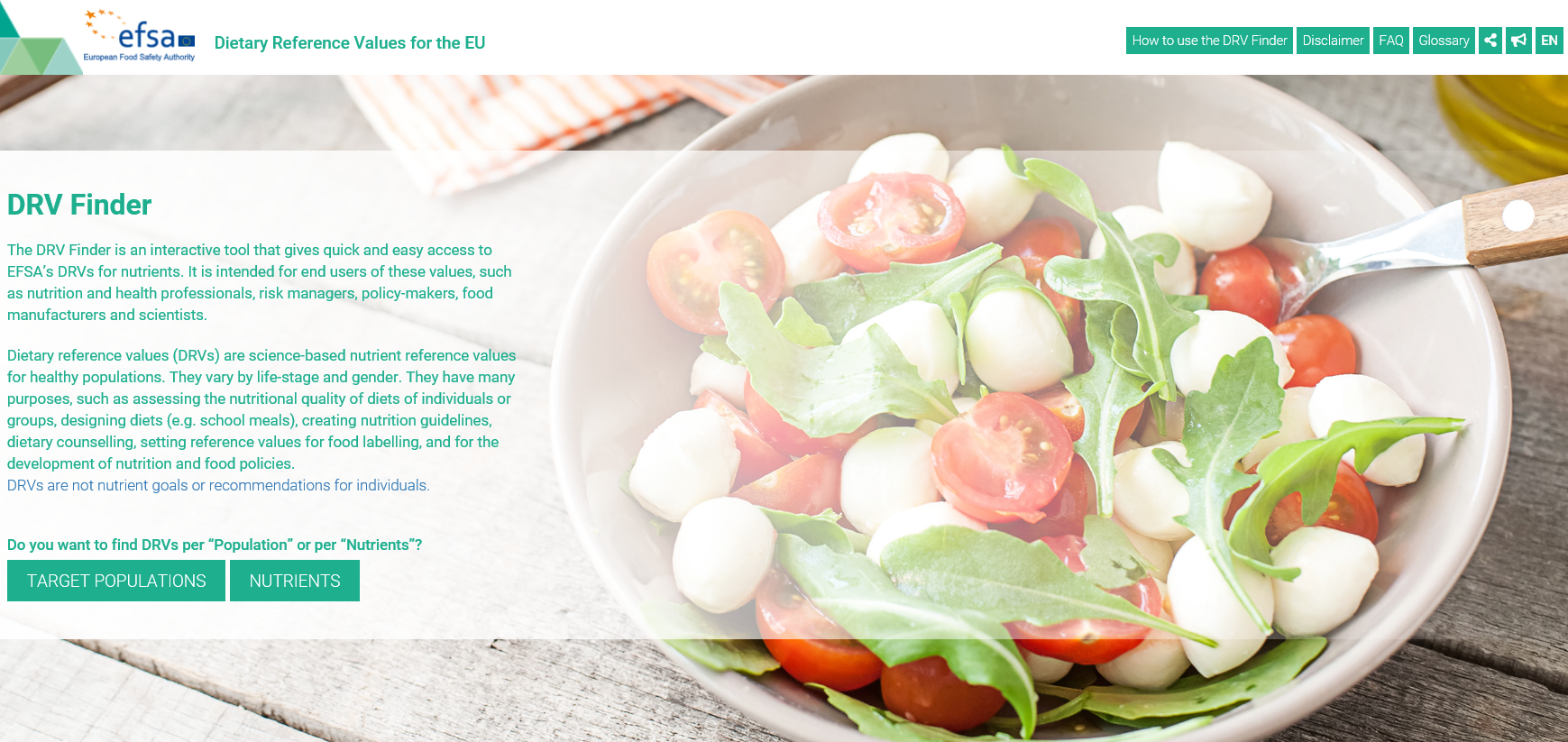The European Food Safety Authority

The European Food Safety Authority (EFSA) is the keystone of European Union (EU) risk assessment regarding food and feed safety. In close collaboration with national authorities and in open consultation with its stakeholders, EFSA provides independent scientific advice and clear communication on existing and emerging risks.
The European Food Safety Authority (EFSA) was set up in January 2002, following a series of food crises in the late 1990s, as an independent source of scientific advice and communication on risks associated with the food chain. EFSA was created as part of a comprehensive programme to improve EU food safety, ensure a high level of consumer protection and restore and maintain confidence in the EU food supply.
In the European food safety system, risk assessment is done independently from risk management. As the risk assessor, EFSA produces scientific opinions and advice to provide a sound foundation for European policies and legislation and to support the European Commission, European Parliament and EU Member States in taking effective and timely risk management decisions.
EFSA’s remit covers food and feed safety, nutrition, animal health and welfare, plant protection and plant health. In all these fields, EFSA’s most critical commitment is to provide objective and independent science-based advice and clear communication grounded in the most up-to-date scientific information and knowledge.
EFSA’s goal is to become globally recognized as the European reference body for risk assessment on food and feed safety, animal health and welfare, nutrition, plant protection and plant health.
EFSA’s independent scientific advice underpins the European food safety system. Thanks to this system, European consumers are among the best protected and best informed in the world as regards risks in the food chain.
Food is essential to life. We are committed to ensuring food safety in Europe.
For more information visit www.bezpecnostpotravin.cz/kategorie/efsa.aspx







